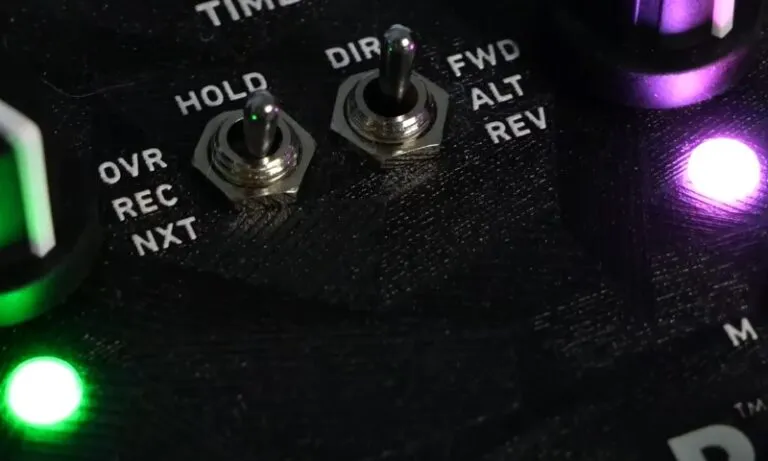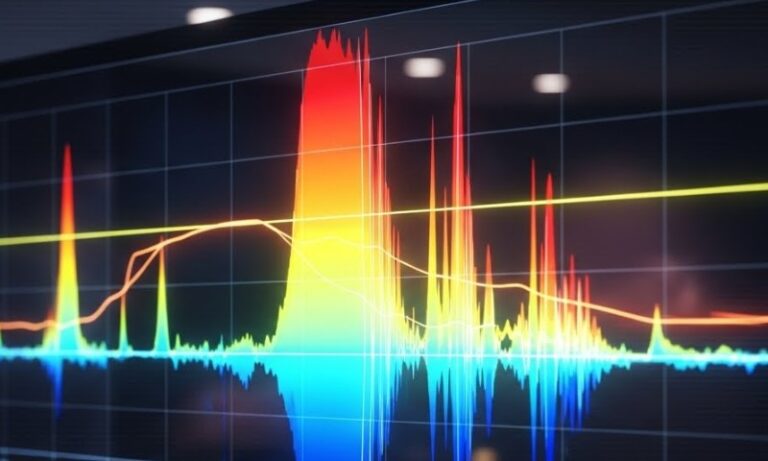Somewhere between overloaded to-do lists and the constant buzz of group chats, it gets hard to find that quiet zone where focus actually happens. If you’ve ever sat down to study or write and immediately found yourself adjusting your socks, checking the fridge again, or spiraling into your inbox—yeah, you’re not alone.
One simple tool that’s helped a lot of people, including students, writers, and even remote workers, is lo-fi music. Not because it’s a miracle productivity hack. But because it sets the right tone. It holds the mood steady. It helps you stay in your chair just a little longer without your brain trying to bail every five minutes.
Let’s break down why lo-fi works so well for studying and writing, the science behind it, and how to actually use it. We’ll also walk through a few standout playlists and channels that are worth adding to your rotation.
Table of Contents
ToggleWhat Makes Lo-Fi Music Different?

Lo-fi (short for low fidelity) isn’t just background music with chill vibes. It’s a genre built on imperfection. Static, vinyl crackle, distant chatter, the soft whoosh of rain—those aren’t mistakes.
They’re the point. The sound is intentionally unpolished and cozy, almost like something playing on a cassette deck in a quiet room.
Here’s what makes lo-fi tick:
- Repetitive, chill beats that don’t spike or crash
- Jazz-inspired chords that feel mellow and nostalgic
- Ambient textures like rainfall, soft synth pads, or analog hiss
- No lyrics, which means no competing voices in your head
- Loopable structure, which keeps it low-drama and non-intrusive
Why It Works for Studying and Writing
When you’re deep in a study session or hammering out a writing draft, distractions are the enemy. Lo-fi creates a little mental pocket where your thoughts can settle. And it’s not just a hunch—research backs it up.
If you need a little more than just ambiance—say, professional writing help from people who get academic pressure – Writepaperforme offers access to experienced writers who know how to deliver under deadlines.
Calms the Nervous System
Lo-fi’s soft textures and slow rhythms help reduce physical signs of stress. Your heart rate slows down. Your breathing evens out. That puts your body in a more focused state, especially if you’re studying for finals or writing under a deadline.
Sharpens Focus
Instead of complete silence—which can feel too sharp—or busy music that pulls your attention, lo-fi sits right in the middle. It smooths out sudden noises and background chaos. Think of it like a gentle noise blanket that covers up the sounds you don’t want to hear.
Keeps You in a Good Mood
Music affects brain chemistry. With lo-fi, the steady flow of mellow beats can trigger dopamine and serotonin—those neurotransmitters tied to motivation, mood, and focus.
Creates Predictable Rhythm
Lo-fi doesn’t surprise you. The tempo stays steady. There’s no dramatic chorus or key change. That predictability makes it easier to stay in the zone. Your brain knows what’s coming next and can tune it out while you think clearly. It’s like you are rewatching the same TV show over and over again.
Supports Creative Flow
Writers especially benefit from music that clears space for ideas. With no lyrics or emotional spikes, lo-fi sets a neutral backdrop for creativity. It gives just enough stimulation to keep your thoughts flowing without hijacking your attention.
Lo-Fi for Writers

Writers often deal with creative fatigue, self-doubt, and all kinds of distractions. Lo-fi helps make the writing space feel more comfortable and less judgmental. The music doesn’t push or demand anything. It just holds space.
Many writers find lo-fi especially helpful when:
- Brainstorming plot ideas
- Outlining blog posts or essays
- Pushing through a tough revision
- Freewriting or journaling
It doesn’t matter if you’re drafting a novel or writing research notes—lo-fi can help you stay with the work long enough to get past the resistance.
How Lo-Fi Music Affects the Brain
If you’re curious about what’s happening under the hood, here’s the brain science behind why lo-fi works so well.
- Dual-hemisphere engagement: Lo-fi activates both sides of the brain—logic and creativity—which is ideal when you’re processing information or creating something new.
- Lowered cortisol levels: The mellow tone helps suppress cortisol, the stress hormone, allowing you to relax and focus more deeply.
- Boost in dopamine and serotonin: Those two neurotransmitters help with motivation, reward anticipation, and emotional stability—all key to long sessions of reading or writing.
Some studies even suggest that the right kind of background music can improve memory recall and reading comprehension. Lo-fi’s instrumental nature keeps the cognitive load light, making it easier to retain information while reading or working.
Practical Tips for Using Lo-Fi to Study or Write

It’s easy to throw on a lo-fi stream and call it a day, but you’ll get more out of it with a few simple tweaks.
1. Build Playlists Ahead of Time
Don’t wait until you’re already working. Build a playlist or save a few streams you like in advance so you’re not getting distracted scrolling through options when it’s time to focus.
2. Match the Music to Your Task
- Deep reading: Pick ultra-minimal lo-fi with ambient layers or slow piano.
- Analytical writing: Go for lo-fi with a steady beat and no mood shifts.
- Creative writing or journaling: Choose slightly more dynamic tracks with nature sounds or jazz samples.
3. Time Your Sessions
Lo-fi pairs beautifully with time-blocking. Set up a 45-minute playlist to match a study sprint, then take a break when it ends. Repeat a few times and you’ve got yourself a flow rhythm that feels natural.
4. Use Good Headphones
If you’re in a noisy space, lo-fi really shines when paired with decent headphones. It turns even a loud café or dorm room into a little productivity bubble.
5. Watch the Volume
Too loud and it becomes a distraction. Too soft and it fades into nothing. Keep it low and present—just enough to remind your brain that you’re in focus mode.
Top Lo-Fi Playlists and Channels to Try
Here are a few favorites across different platforms to get you started:
| Platform | Playlist / Channel Name | Notes |
| YouTube | Lofi Girl | 24/7 stream, legendary visuals, reliable |
| Spotify | ChilledCow | Curated mix of classic lo-fi beats |
| Spotify | Lofi Guitar Therapy | Guitar-driven tracks, great for mellow focus |
| Apple Music | Lo-Fi Chill | Polished and varied selection |
| Website | lofi.cafe | Interactive ambient player, great for creating your own mix |
Does It Work for Everyone?
@_feezo What does “lo-fi” mean?… #musician #musicproducer #bedroomproducer #musicproduction #audio #musictalk #lofi #lofimusic #musicterms #indiemusician #lowfidelity #beginnermusician #audioengineer ♬ original sound – Feezo
Let’s be honest—not every brain likes background noise. Some people truly work better in silence or with completely different genres (think ambient classical, bossa nova, or nature-only sounds). If you’re not sure where you land, try switching things up and observing how your focus shifts.
That said, lo-fi has built one of the most loyal productivity communities online for a reason. Millions of users share their personal wins with lo-fi playing in the background—whether it’s passing finals, finishing a thesis, or getting through the night shift.
A Few Final Notes
Lo-fi isn’t about hype. It’s about quiet. About soft structure. About giving your mind just enough rhythm to settle in and do the work.
Whether you’re highlighting a textbook or writing a short story at 2 a.m., lo-fi can help make the task feel less heavy. It can be that little pocket of peace that lets you move through your study session with less tension and more flow.
Try out a few playlists. Light a candle. Put your phone face-down. And see what happens when your environment starts working with your brain instead of against it.
Related Posts:
- What Platform Is Best To Promote Music As A New…
- 10 Best Sweep Picking Exercises - Guitar Tips & Tricks!
- Why Michael Jackson's "Thriller" Continues to Be the…
- Top 10 Best Super Bowl Halftime Shows of the 21st Century
- Best Instruments for Guitarists - 5 Easy Choices to…
- Best Ways to Make Money as a College Student Without…












